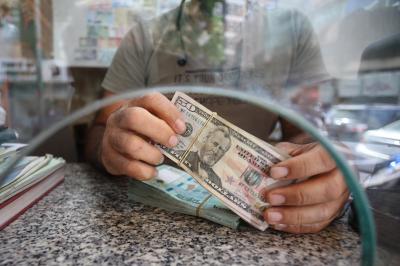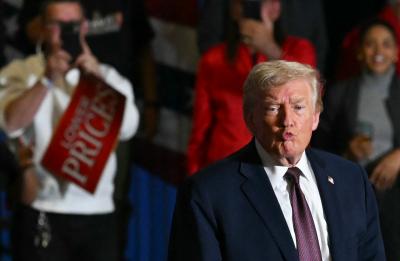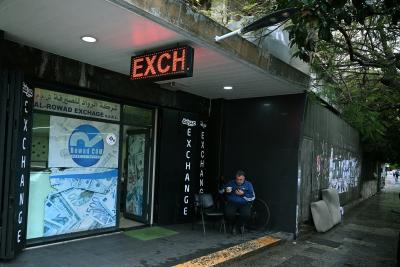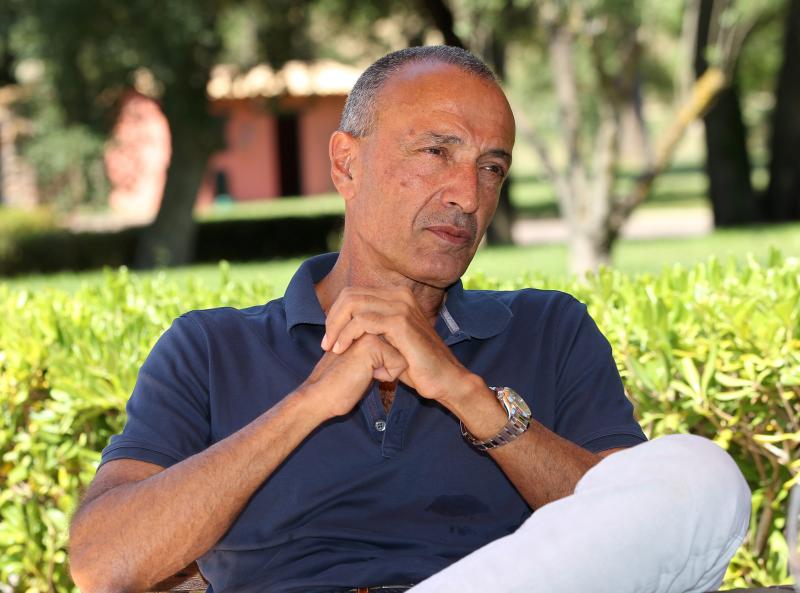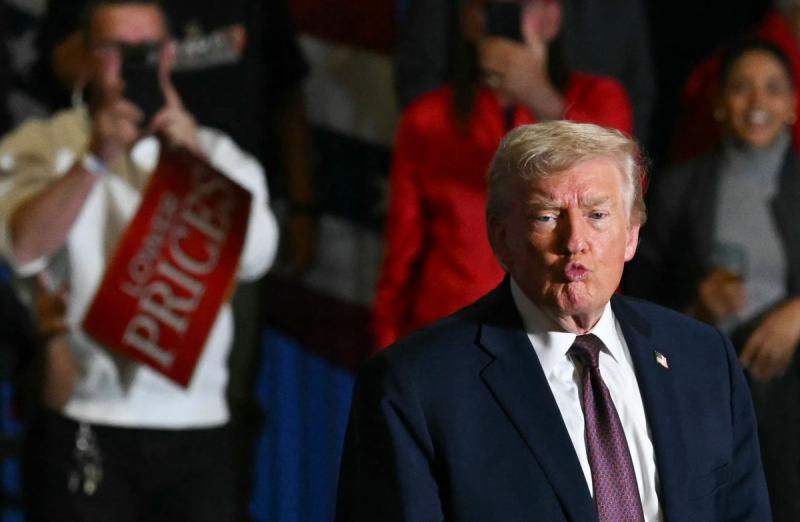What would be the economic priorities of the next government?
I believe that addressing the issue of the deficit and public debt should be a priority. Until this spring, the French state was able to borrow at low rates, around 0% once inflation (real rate) was taken into account. However, since the announcement of the dissolution, French rates (notably the "spread," which is the interest rate differential between France and Germany that represents the risk premium demanded by an investor to lend to France) have suddenly increased and have remained high since. The country's creditors are fearful of the possibility that parties with extremely high-spending programs (notably the NFP and the RN) might come to power. In fact, when we look at the French political spectrum, we have a choice between parties that care little about the public deficit (the center and the right) and others that don't care at all (the left and the far right). The result is that today, investors consider French debt to be riskier than that of Portugal, a country that was in great difficulty a dozen years ago! Therefore, a policy of harsh austerity is not advisable, as it would only stifle the economy without solving the problems. Instead, a policy should be implemented that gradually limits the public deficit, starting by admitting that public finances are indeed a real issue. Politically, this is not easy because the solutions can be quite unpopular (working more, raising taxes, curbing public spending), but it seems indispensable in the current context.
Are there urgent economic reforms to be implemented?
I wouldn’t say urgent reforms, but rather well-identified weaknesses of the French economy that need to be addressed over time. Among the weaknesses of the French economy, I would particularly mention the issue of education (initial and lifelong learning), the low employment rate, the insufficient investment in R&D, or the sometimes overly restrictive administrative framework (building a factory in France is a real obstacle course). Fundamentally, the high public deficit results from these weaknesses because if we had more growth, there would also be more tax revenue. France is not Greece in 2010; we are not on the brink of bankruptcy, so it is better to carry out well-thought-out and sustainable reforms rather than acting hastily and constantly changing economic policies. The problem is that the current situation of political instability is not conducive to the implementation of deep reforms; we are likely to end up with a "business as usual" management style, which is the opposite of what we need.
Are the tax cuts proposed by Emmanuel Macron for the middle class feasible?
Tax cuts aimed at increasing purchasing power do not seem like a good idea to me, given the state of public finances and the situation of the French economy. On the one hand, the public deficit is already high, at a level that is starting to worry our creditors. On the other hand, the French economy is not suffering from a lack of demand but from an inability to increase supply, as seen with recruitment difficulties, the slow pace of reindustrialization, or the loss of market share by French companies in exports. In this context, it does not seem relevant to me to reduce taxes on the middle class, reduce VAT, or, in general, spend public money to support household purchasing power. This is an unpopular position, which is why most political parties opt for the easy route of promising purchasing power financed by public debt, which is frankly not reasonable. An increase in purchasing power is only possible if more growth is generated because, fundamentally, more purchasing power means consuming more, which is only possible if production also increases, as you cannot consume what is not produced (unless you want to blow up the trade deficit). In other words, purchasing power can only increase significantly and sustainably if production also increases, which implies working more or better.
What are the consequences of a minimum wage of 1,800 euros or the full reinstatement of the ISF (wealth tax)? Even if some left-wing leaders only see them as "medium-term goals"...
A significant increase in the minimum wage does not seem desirable to me. It would reduce the incentives for companies to hire, increase costs, and therefore prices, and widen the trade deficit by reducing the competitiveness of French companies. The minimum wage is indexed to inflation, which is a good thing to preserve the purchasing power of the most modest, but going further could be counterproductive. Reinstating the ISF would increase public revenues by a few billion euros but raises the question of the country's attractiveness. Generally speaking, I am not necessarily opposed to an increase in taxation on the wealthiest in the current context, but it is illusory to imagine that all the spending proposed by the NFP can be financed by increased taxes without resulting in strong negative effects (tax exile, loss of attractiveness, reduction in investment).
How can a budget be built with such political instability? How can we respond to the injunctions from Brussels, which has placed France under the excessive deficit procedure?
The budgetary question is currently the most difficult to resolve because not only must there be agreement on a budget, but also a move towards reducing the deficit, even though the programs presented during the legislative elections were very high-spending. In my opinion, the question is not so much about Brussels, because we have not respected our commitments for decades, and in the end, no one, in Paris or Brussels, really believes that we will. The problem is with the country's creditors, who are beginning to lose patience, and that is where the real issue lies because if investors refuse to lend to France at reasonable rates, we are heading towards a public debt crisis scenario.
Please post your comments on:
[email protected]
 Politics
Politics

